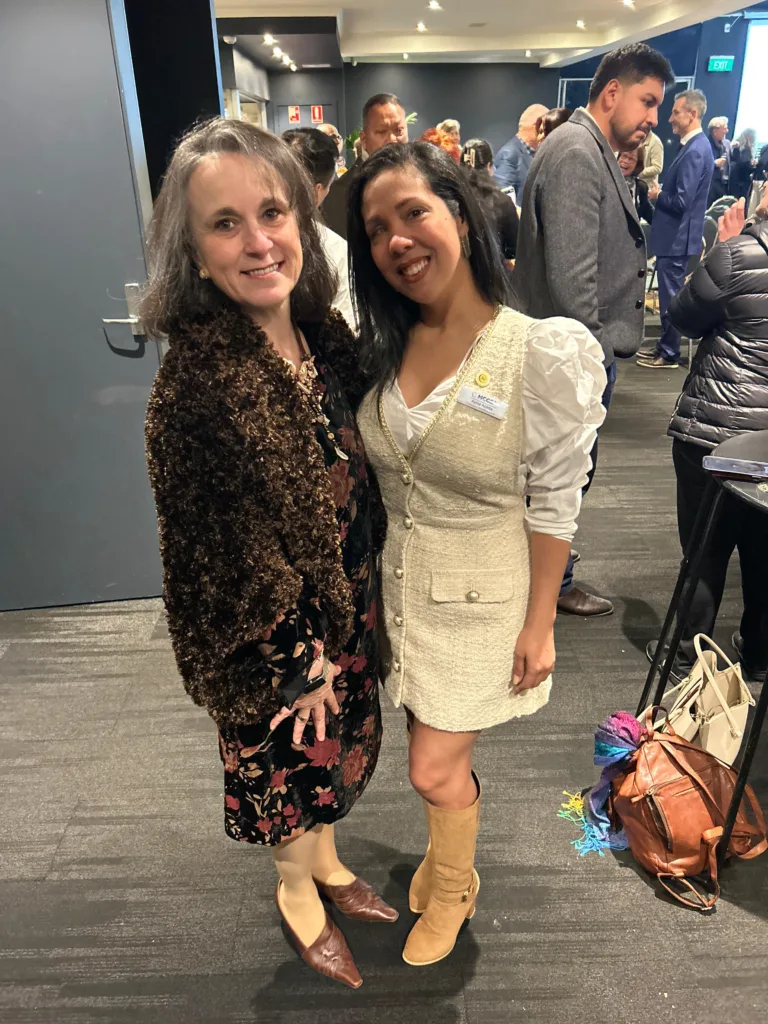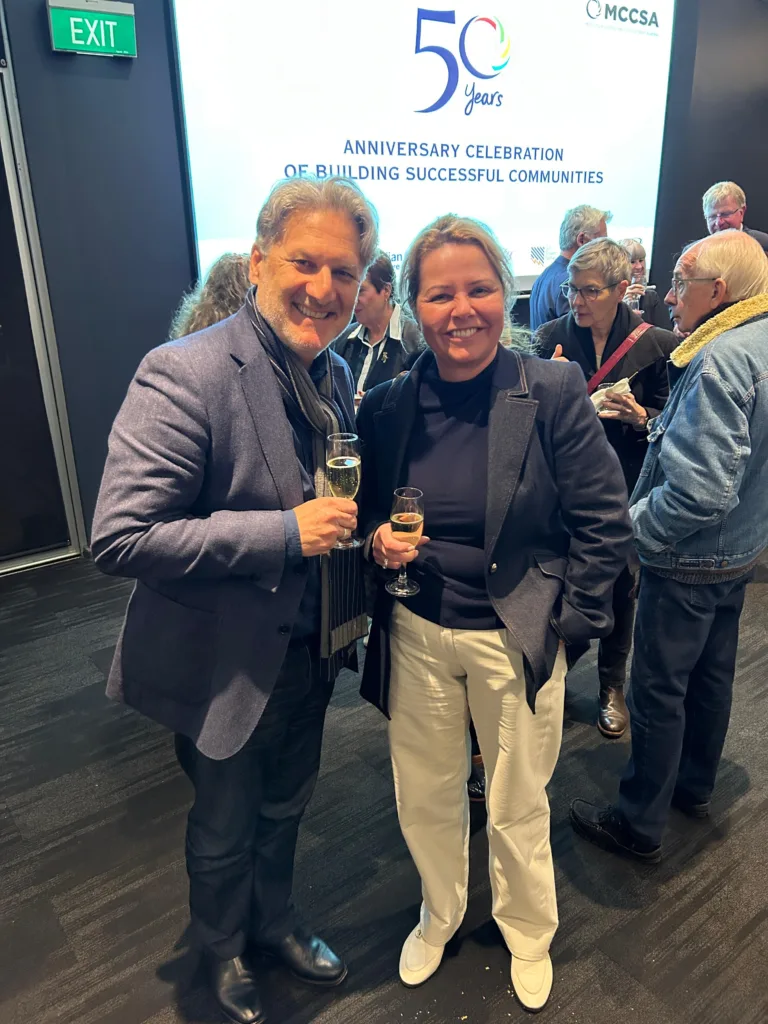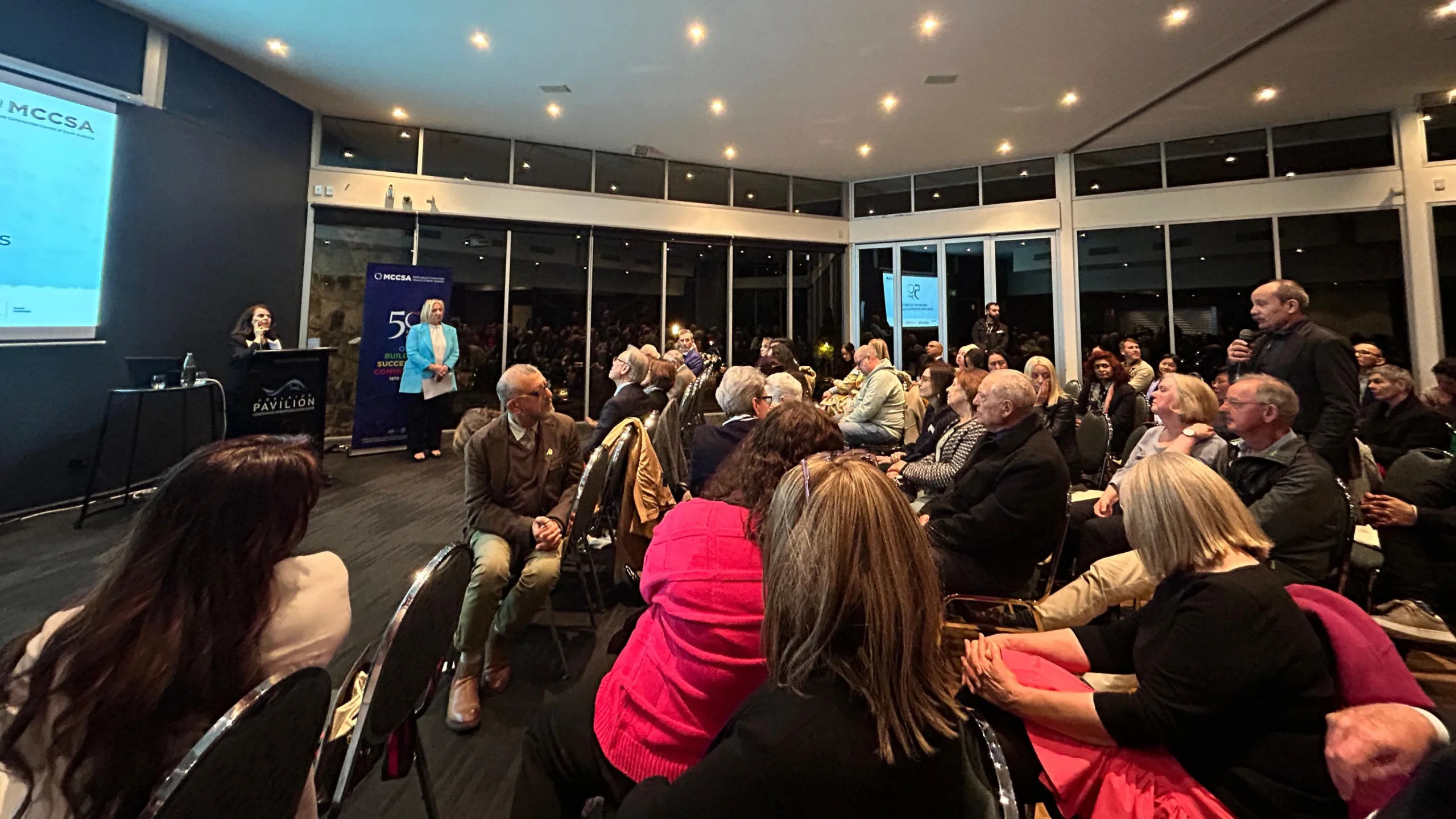On 20 August 2025, the Multicultural Communities Council of South Australia (MCCSA) held its inaugural oration, with the keynote delivered by Dr Helen Vatsikopoulos on the thesis of “What’s the Story? Migration, memories and the importance of controlling the narrative.”
MCCSA Patron The Hon. Hieu Van Le AC, launching the oration, framed it as a new civic tradition, a place where “bold ideas, uncomfortable questions and necessary truths” can be aired to deepen our understanding of identity, belonging and unity.
Mr Le reminded the audience that the event was both “a celebration of MCCSA’s fifty years of unwavering service” and “a testament to MCCSA’s contribution as a beacon of thought and dialogue,” emphasising that the oration was not only a reflection on the past, but also “a space for bold ideas, uncomfortable questions and necessary truths … guiding us toward a more united and compassionate tomorrow.”
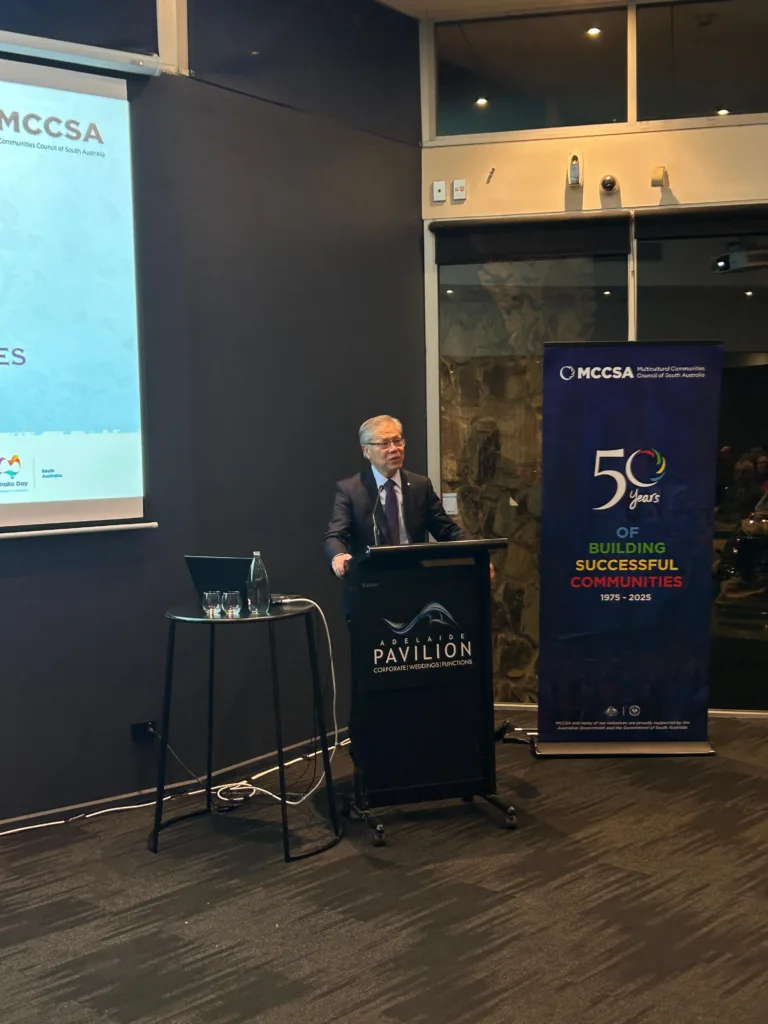
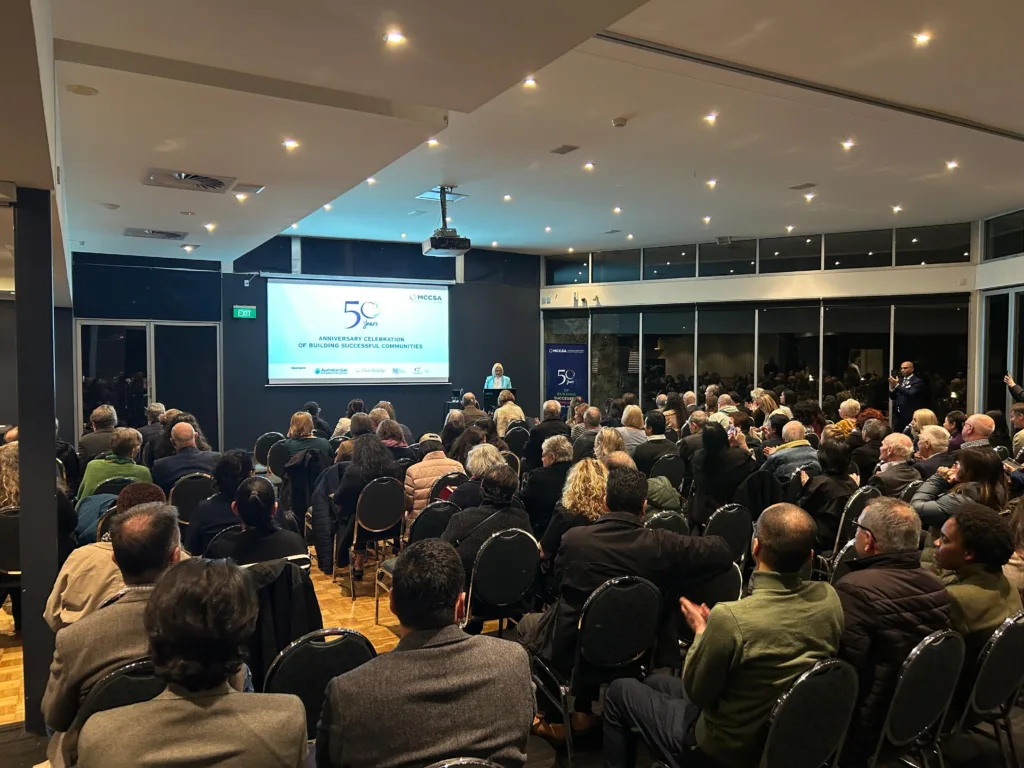
The post-truth era
Dr Vatsikopoulos began by situating her remarks in what she called a “post-truth” era, where misinformation and distortion corrode public trust.
She observed: “Doctored images and AI generated vision and deep fakes circulate so you can no longer believe what you see. People gather around echo chambers that reflect their bias and amplify the information through social media and influencers who are not journalists trained to be ethical and honourable but benefit from the clicks they receive. Why is all this happening? It’s all about the story.”
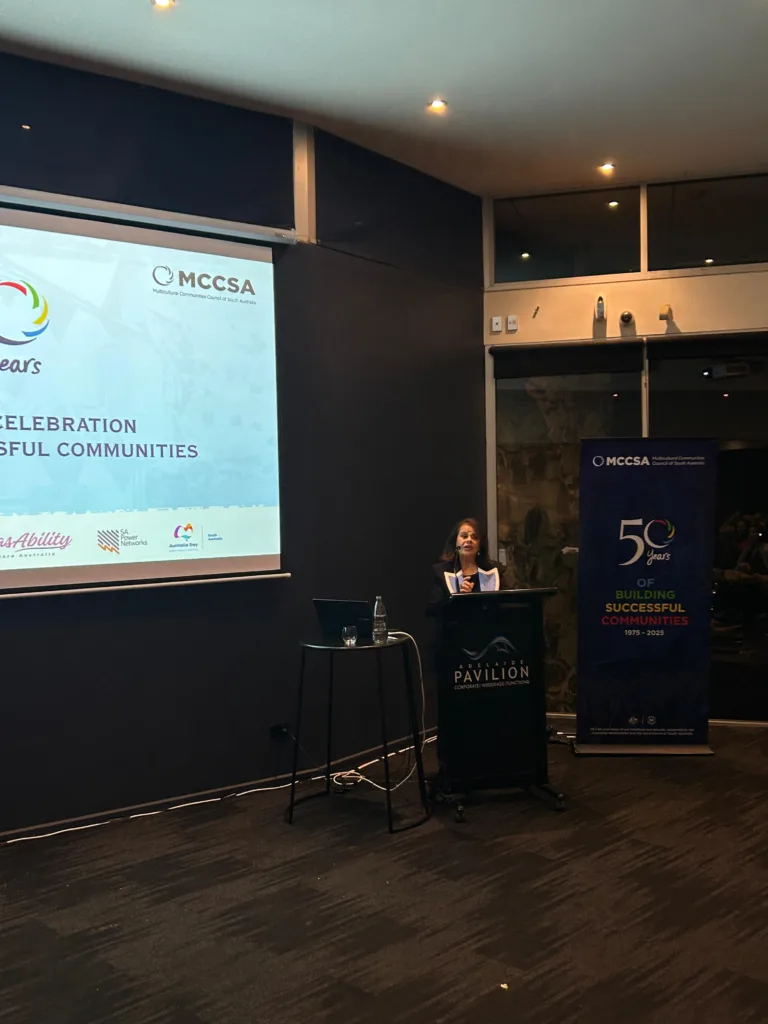
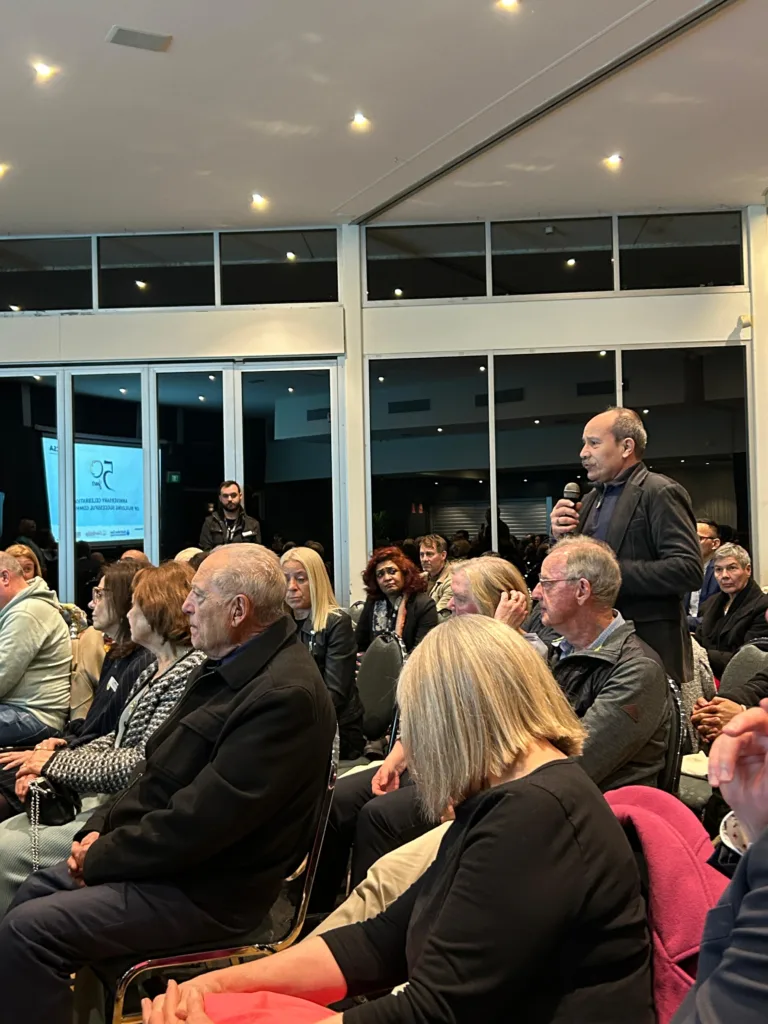
Stories, she explained, are powerful precisely because they frame the world in which we live.
“Stories are powerful and impactful and that’s why everyone wants to control the narrative. Stories not only transmit knowledge, they help us to understand what is happening in the world and how it impacts us. They help us to relate to the experience of ‘the Other’ and their suffering, building an emotional understanding,” she said.
From Prespa to Adelaide: A family story and national meaning
Dr Vatsikopoulos invited the audience to picture “a peasant village on Lake Prespa in northwestern Greece, a picturesque landscape of ancient forests and stone houses”, before recounting the decision her parents made in the 1960s to leave poverty behind and sail to Adelaide on the Patris.
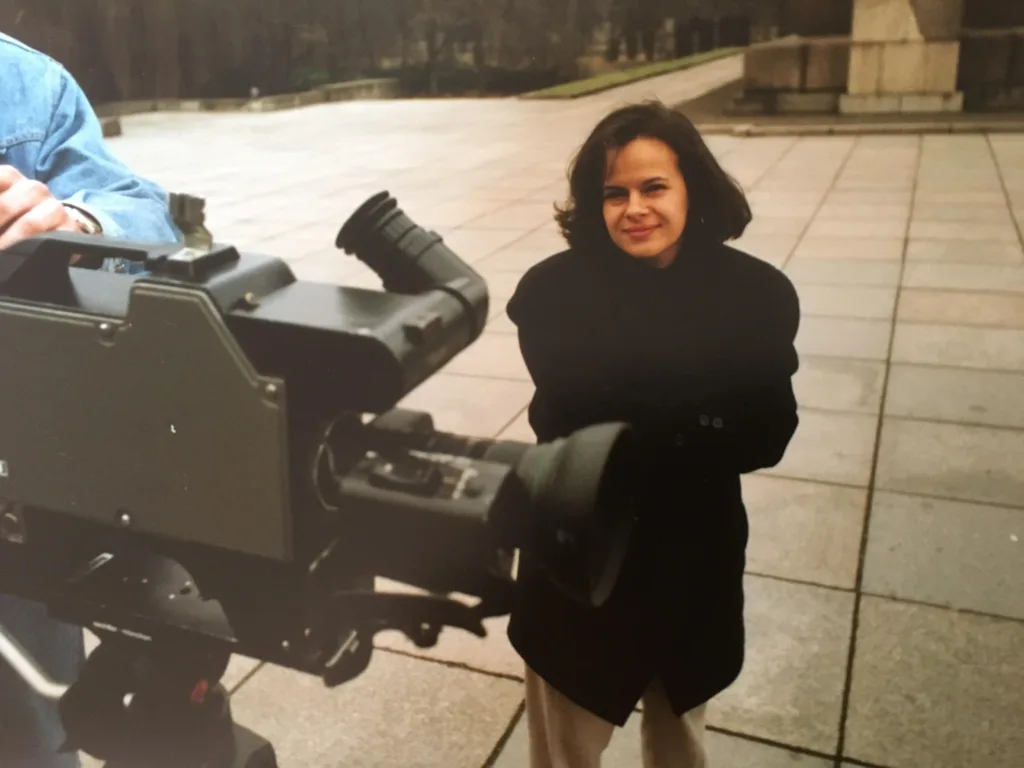
Yet her family’s story was marked as much by silence as by celebration.
“After a month at sea and then a journey by train, they finally made it to the city that would be their new home in this new homeland on the other side of the world. They arrived in Adelaide on April the 5th 1965 on their daughter’s fifth birthday. This was the best birthday present I’ve ever had. That’s our family story. It’s a good news story,” she said.
“I grew up not really knowing or understanding the trauma of my parents’ lives during WW2 and the Greek Civil War,” she reflected. “They preferred silences. For them it was crucial to forget the past so their daughter could flourish in the future.”
Citing Greek Australian historian Joy Damousi, she described it as a “wall of silence … where parents do not tell and children do not ask.”
This silence shaped her journalism. “My parents were bewildered and alarmed when I became a journalist reporting on wars and political persecution and stolen generations,” she said. “These were also their stories, not that they told me but they did tell someone else.”
The lesson was unmistakable: “These are not just ‘ethnic stories’; these are Australian stories.”
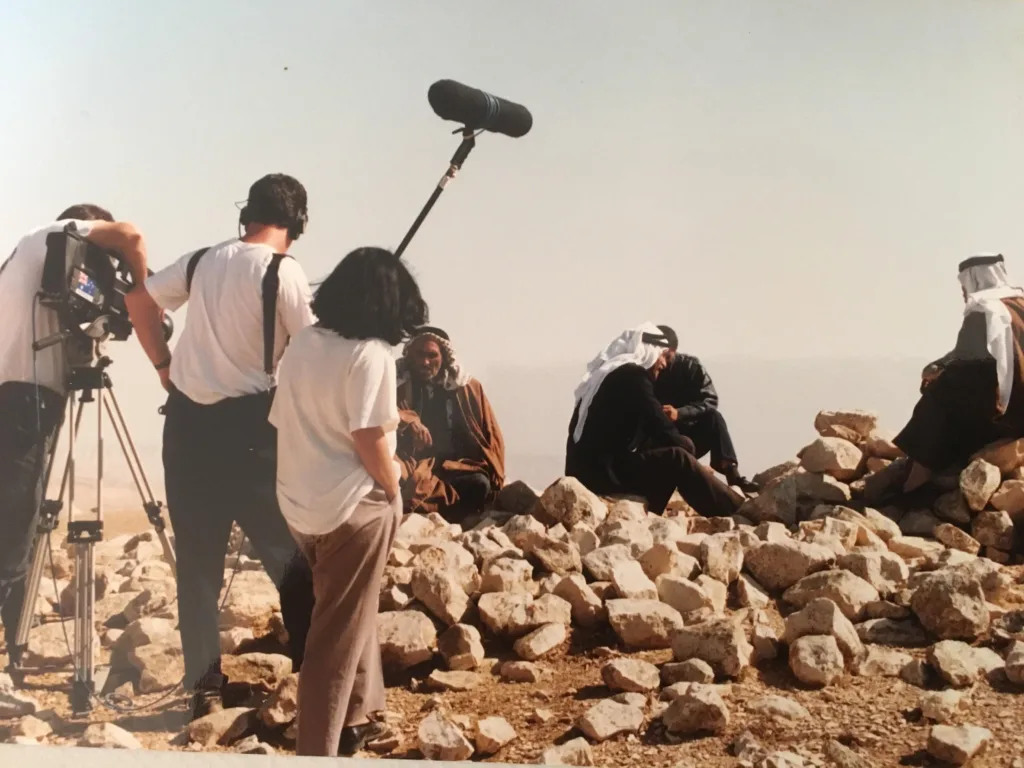
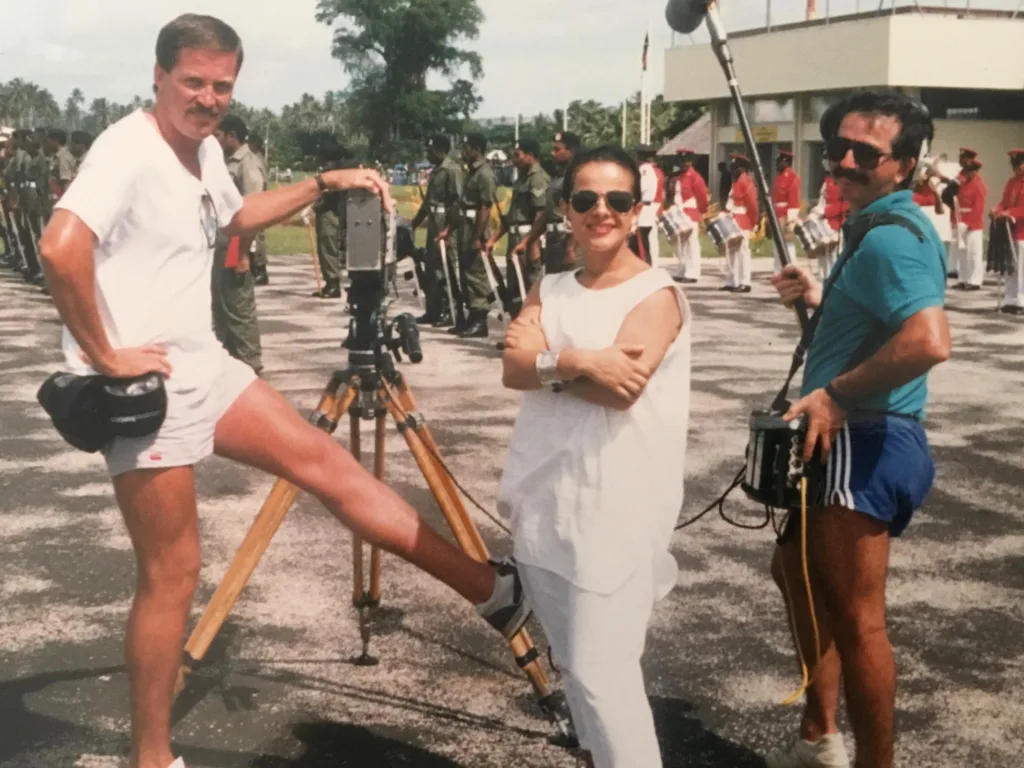
The power of perspective and hyperconnectivity
Dr Vatsikopoulos recalled the electrician she interviewed in Gdańsk, whose improbable tale foreshadowed the fall of communism; her conversation with Benjamin Netanyahu, who insisted the “West Bank” should instead be called “Judea and Samaria”; and the way Rwandan state media’s stories dehumanised neighbours into executioners.
Each was a case study in the world-making power of narrative: “stories can seed democracy or bloodshed, shape borders or obliterate them.”
Today, she warned, hyperconnectivity has amplified this dynamic. “More and more people are now getting their news from social media. Who is behind these posts? We cannot say for sure. A recent study … found that AI bots can make people change their political views in less than 10 minutes of engagement.”
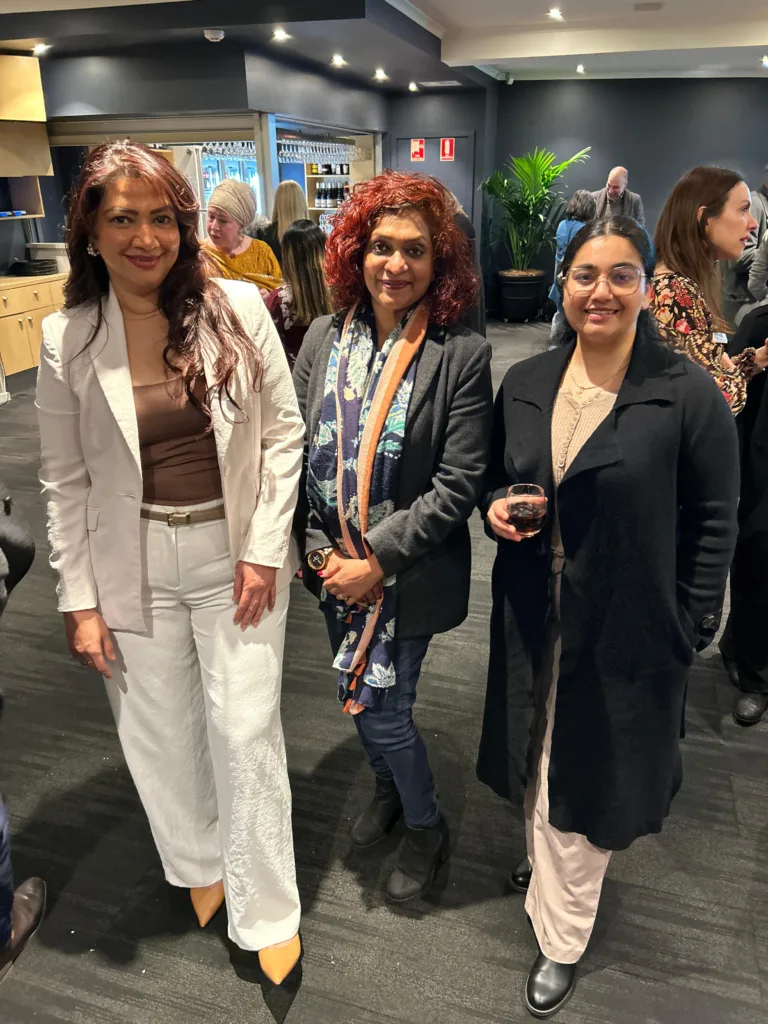
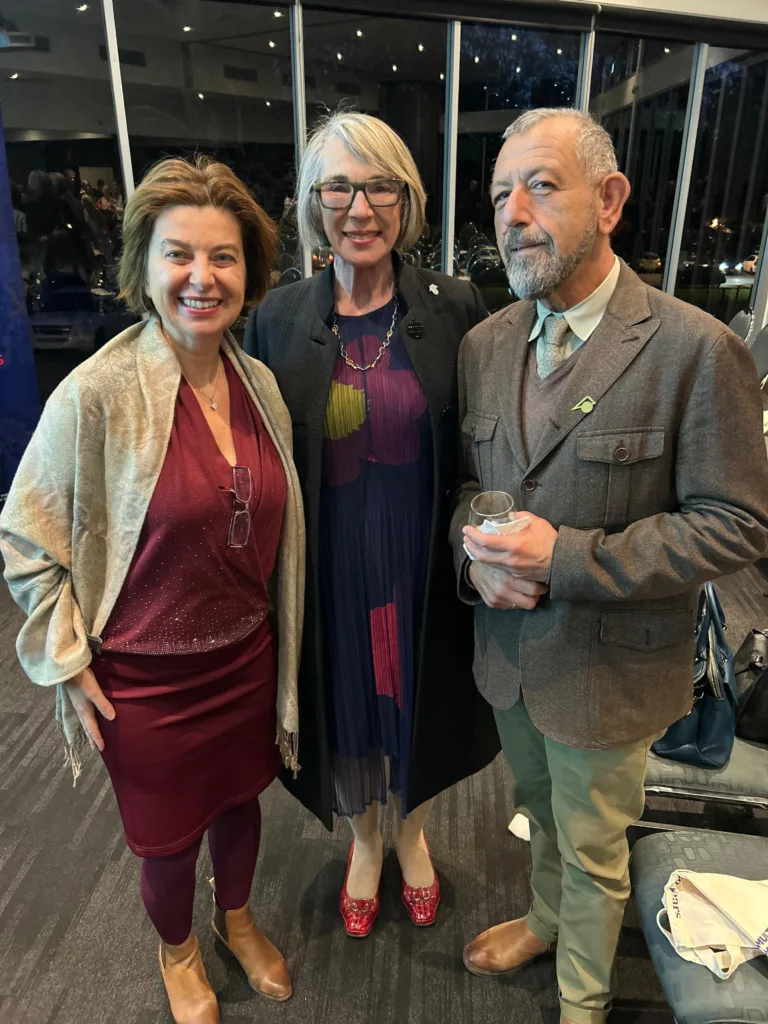
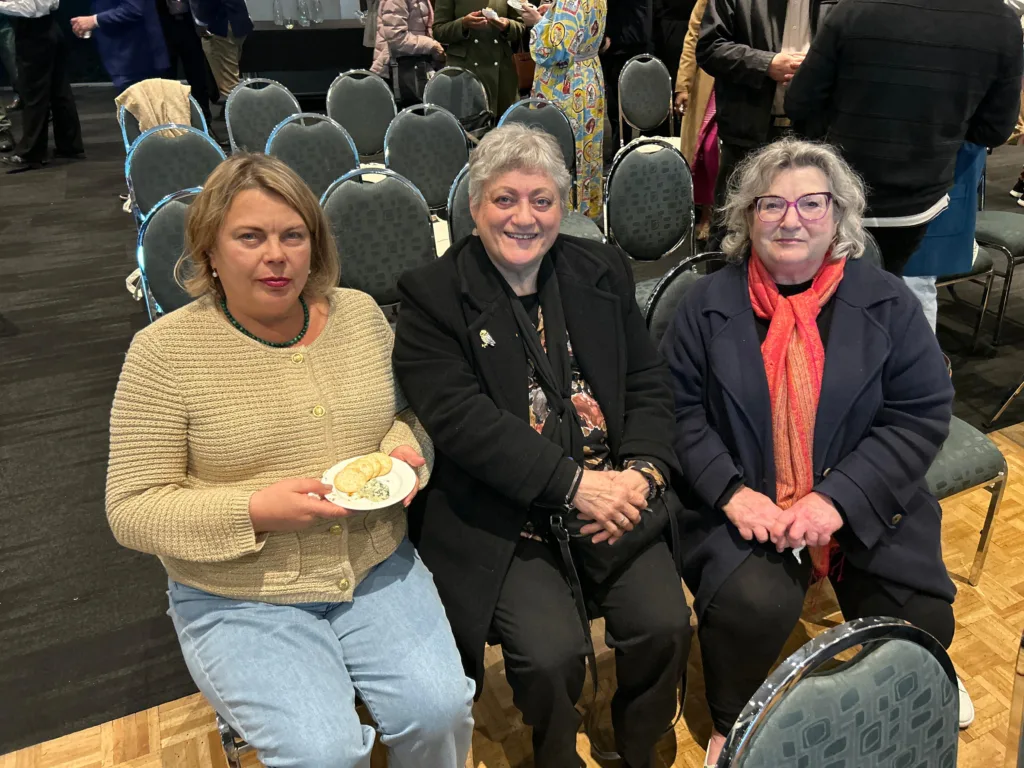
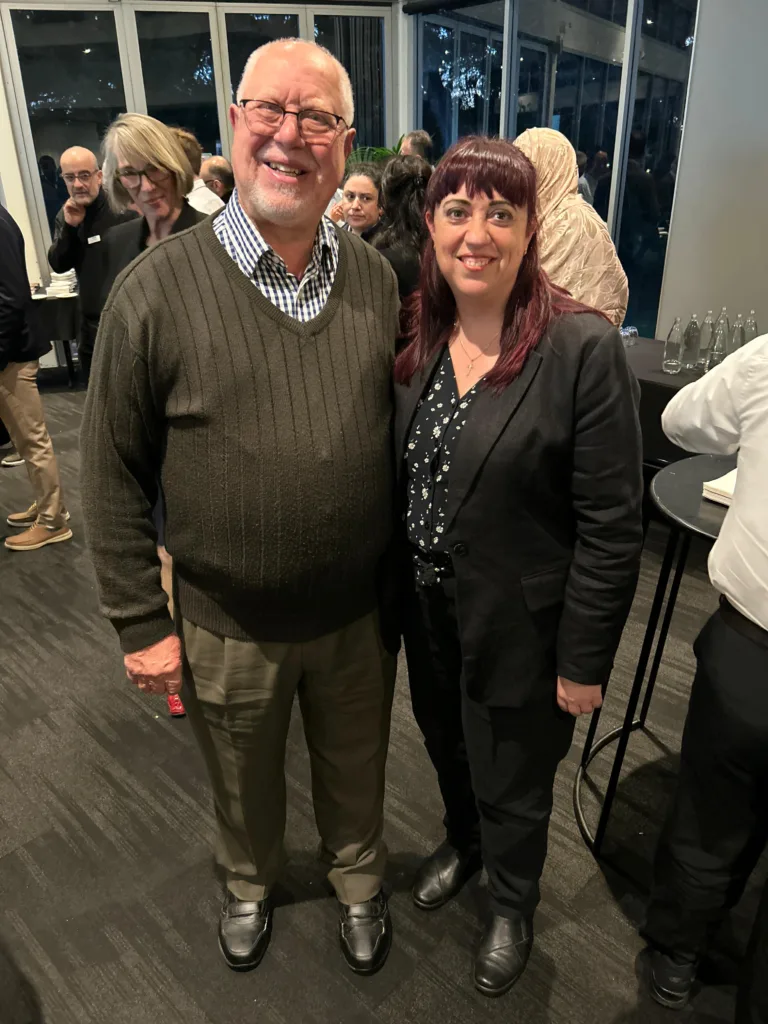
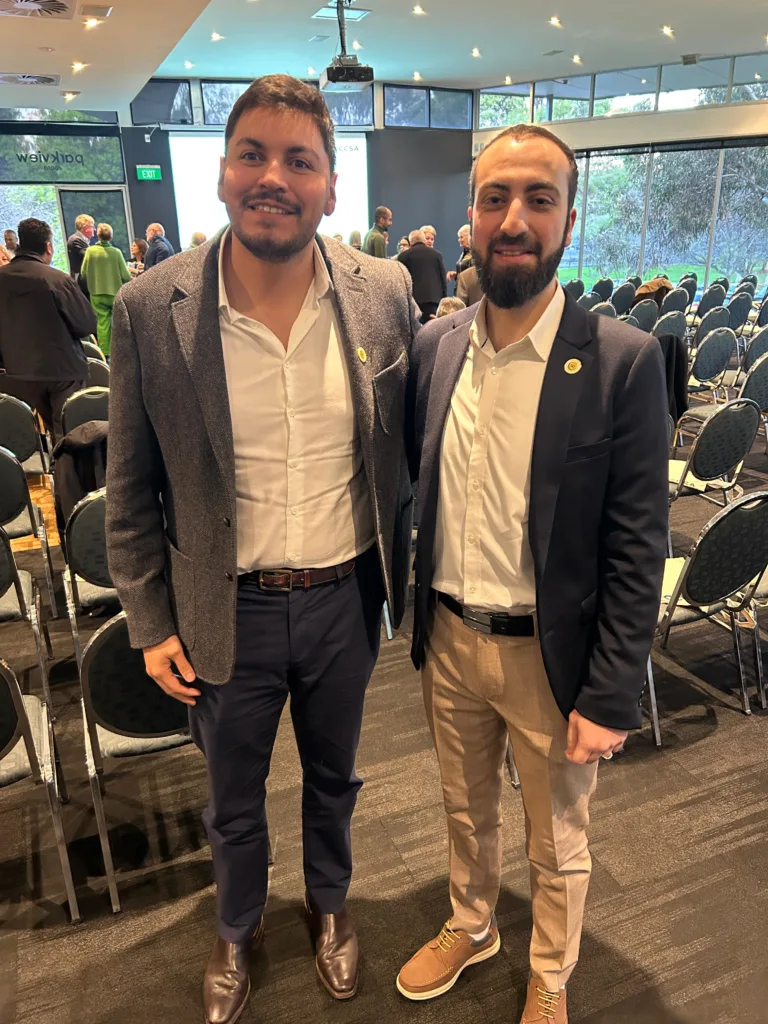
Reflections for the Australian context and pathway forward
The oration did not shy away from Australia’s present challenges. Dr Vatsikopoulos acknowledged “discrimination reported by migrants from non-English speaking backgrounds” and the volatility introduced by conflicts abroad.
She cautioned that “the goal is not to sanitise debate but to anchor it in evidence and empathy, so that disagreement does not tip into dehumanisation.”
The event, which drew nearly 100 attendees, underscored the significance of the inaugural oration and affirmed the role of MCCSA as a vital forum for dialogue, inviting a diversity of viewpoints and perspectives to contribute to Australia’s multicultural mosaic.
